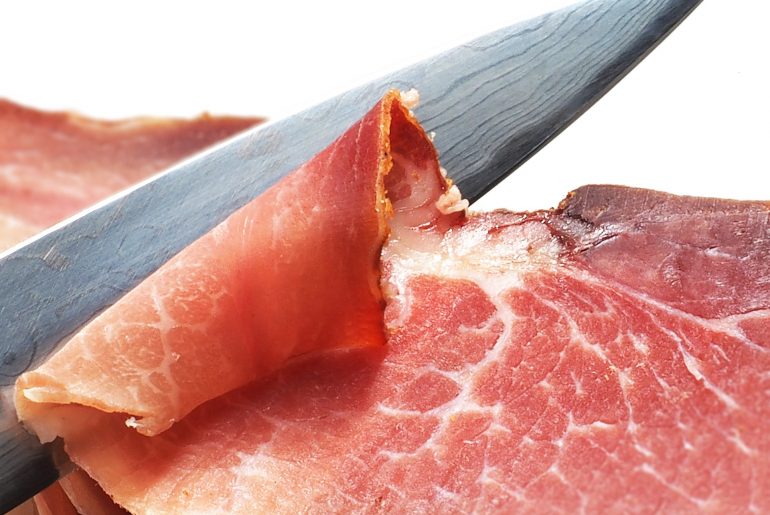If you’ve gone on a diet recently, you’ve probably been told by a friend or even a fitness professional that a low-carb, high-fat diet is the fastest way to fitness. The theory goes that this type of diet will force your body into ketosis, where it will burn fat instead of carbs, prompting you to shed more pounds. But a new study suggests that this might not be the case.
The new study from the University of Aberdeen in the Chinese Academy of Sciences was published in Cell Metabolism. Researchers found that mice who ate high-fat diets gained more weight over a three-month period than mice who ate high-carb diets. And actually, the mice fed carbs, didn’t gain any weight at all, while the high-fat diet produced overweight mice.
Researchers at Aberdeen studied how mice responded to 30 different diets, which varied widely in fat and carb content. The diet-appropriate foods were available to the animals, so they could eat as much and whenever they liked.
At the end of three month, the results were surprising. Scientists found that mice on diets with 50 to 60% fats were the heaviest, and when they looked at the animals’ brains, they found that genes responsible for the reward system (which controls pleasurable activities) were activated. There was no stimulation in the reward centers for mice on low-carbohydrate diets.
Contrary to the popular belief that high-fat helps keep you satiated, lead researcher John Speakman theorizes that high-fat diets actually encourage mice to consume more calories than they would on a more balanced diet.
However, mice put on an 80% fat diet gained less weight than the mice on the 50-60% diets. Researchers aren’t sure why this is, but they don’t suspect it’s because the mice entered ketosis. It could mean that extremely high-fat, low-carb diets actually have some validity.
So what does this mean for humans?
Well, the study was done on mice, for one, so results don’t easily translate. And as Dr. Konstantinos Spaniolas, Associate Director of the Stony Brook Metabolic and Bariatric Weight Loss Center in New York told Men’s Health, “There is no question that ketosis does work in the short term,” for humans.
But there are many reasons why consuming high levels of fat might be bad for your overall health. It’s also not considered to be a sustainable diet.
So, take the new study for what you will. With the popularity of high-fat diets nowadays, a wealth of research is sure to come out helping guide you one way or the other. Until then, proceed with caution and always ask the advice of your doctor before pursuing any major diet change.
Also see, Lose the most weight with this method, study shows.




